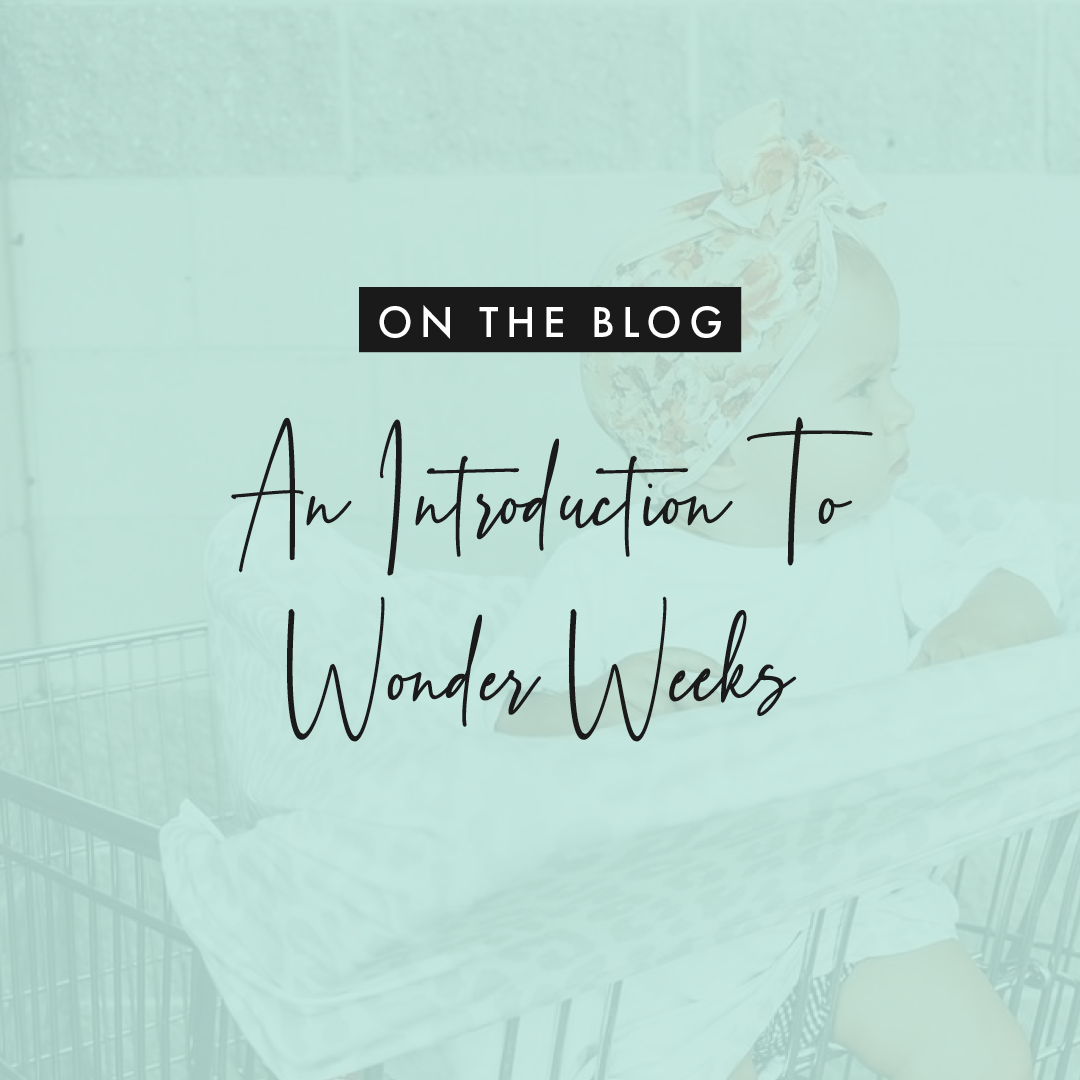An Introduction To Wonder Weeks
The first few years of a baby’s life will include seeing them go through some of the biggest changes they will ever experience. Having an insight into the wonder weeks may assist you in better understanding the changing behaviours of your baby when they are growing up.
What Are Wonder Weeks?
Wonder weeks is a concept that was created by Hetty van de Rijt and Frans X. Plooij, and made famous in their 1992 book ‘The Wonder Weeks.’ Essentially, in their book they put forward the idea that children will progress through 10 developmental stages — which they called ‘leaps’ — and each time a baby makes their way through one of these developmental stages it will coincide with the baby showing erratic and stormy behaviour. The authors of the book refer to this as the three C’s: crying, clingy, and cranky.
When a child is going through a development leap it may seem like they are regressing with their development including sleep regression, which may be helped with a baby sleeping bag.
However, the authors maintain that this is happening because the child is going through a large neurological change. Once finished, the child will come out on the other side of the leap with a newfound skill.
The 10 Leaps Of The Wonder Weeks
Leap one – At about five weeks a child will begin to gain more alertness and they will become more sensitive to their surroundings and the sensations that they experience.
Leap two – At about the 8-week period of their life your child will begin to learn and remember the patterns in the world around them.
Leap three – At about 11 – 12 weeks, the ways your child will perceive and understand the world around them and how it is structured will continue to develop further.
Leap four – When your baby is about 19 weeks old, they will begin to understand that the experiences undertaken are separate events.
Leap five – At around 26 weeks old, your baby will gain insight into their relationship with the world and everything within it. This may be the relationship they see in turn of the distance between a tree and a ball, or the relationship they have with you.
Leap six – Near the 37-week stage, your child will be able to see things as the categories they belong to. For example, dogs and chairs both have four legs, but one is an animal, and the other is furniture.
Leap seven – Around 46 weeks, your baby will learn about sequences to achieve something. For example, pick up a spoon, scoop up food with the spoon, bring the spoon to your mouth, put the food in your mouth and eat, and now repeat.
Leap eight – At around the 50-week stage, your baby will be able to understand actions as a grouping of set sequences.
Leap nine – At around 64 weeks, your baby will hone their skills and show more types of behaviours.
Leap ten – At about the 75-week stage, your child will be better equipped to change their behaviour to adapt to their circumstances.
A Place To Empower Mamas With Incredible Products
Zoe Sage came from a genuine desire to ease into the transition to motherhood and breastfeeding because - let’s be honest - motherhood is no joke. Owned and operated by a young mother of two, Zoe Sage is all about offering incredible products that actually reduce stress levels instead of increasing them.
From organic swaddles, silicone feeding sets and our signature Five In One Multi Use Mama Cover, we’ve got the essentials of motherhood covered alongside free shipping over $100, a thirty day returns policy, and of course, flexible payment options like ZipPay and Afterpay.
If you’re on the hunt for baby products that actually benefit you and your family, follow us on Instagram to stay updated on new arrivals, or get in touch with us today if you have a query about one of our items available at Zoe Sage.

